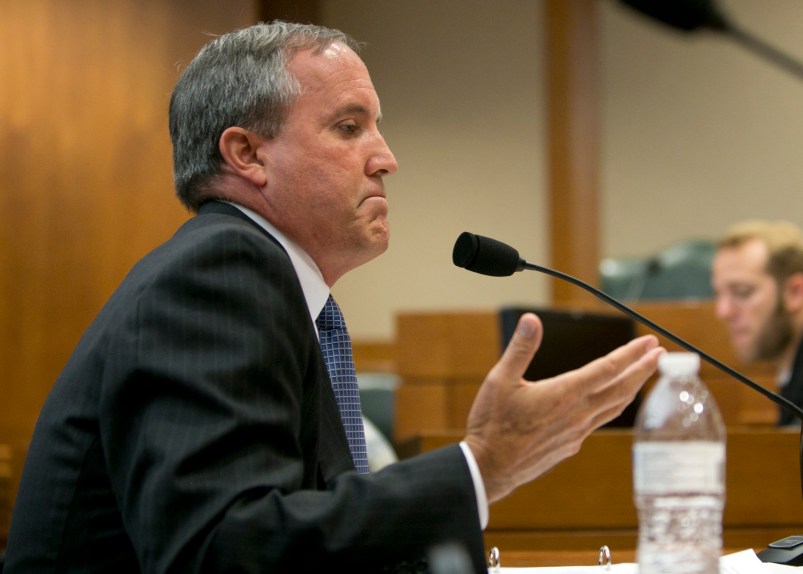On Sunday, May 31, 2009, Dr. George Tiller was shot and killed in his Kansas church by Scott Roeder. Later found guilty of the murder, Roeder claimed that his action was justified because Tiller performed abortions; indeed, George Tiller was one of the most high-profile abortion providers in the country. And he was also no stranger to anti-choice harassment and violence. In 1991, Tiller’s Wichita clinic was the site of a months-long protest by anti-choice activists, and two years later Tiller was shot in both arms by an anti-choice extremist.
Between 1993 and 2009, seven doctors, security guards, and staffers were killed because they worked at abortion clinics. Nine people were seriously injured in those years, and countless individuals have been harassed and threatened because they work at abortion clinics.
It is tempting to dismiss the perpetrators of the most violent of these crimes as uniquely deranged individuals. Many in the wider anti-choice community have done just that, disavowing any connection between their work to end abortion and the actions of a few extremists. And of course, the vast majority of those opposed to abortion do not resort to violence to make their point. But the relationship between conventional anti-choice speech, death threats leveled against providers and clinic staff, and violence is impossible to ignore.
The relentless attacks on reproductive rights perpetrated by anti-choice activists follow a certain script: portray abortion as the worst sin in the world, cast the women that choose it as alternately evil and weak, and clearly state that the “abortion cartel,” to borrow a favorite phrase, is wantonly killing children and must be stopped immediately. This language can be heard almost everywhere in the anti-choice movement — from statements given to media publications, to protests at abortion clinics, to leaflets handed out to the neighbors of physicians and clinic employees. We heard it in 2011, when reproductive rights opponents protested outside the middle school attended by the daughter of an abortion clinic landlord. And it even informs the accepted terms used in the mainstream media, which reflexively refer to anti-choice activists as being “pro-life.”
But it’s more than just language, of course. By advocating for laws that would require physicians to have admitting privileges at local hospitals and clinics to meet the same building standards as surgical clinics, the anti-choice movement is actively promoting the misconception that abortion is a dangerous procedure that must be viewed with extreme suspicion. And this, in turn, contributes to a dangerous environment for the physicians, counselors, nurses, security personnel, and staffers who work in abortion clinics.
This climate of fear was evident in recent testimony given by two physicians concerning an Alabama law that would require abortion providers have admitting privileges at local hospitals. Neither doctor was identified by name, and neither was visible in court. Due to the harassment they had experienced, both physicians testified behind a black curtain.
Using legal and political channels also helps create this climate of intimidation and misinformation. George Tiller was perhaps the highest-profile recipient of these tactics, as former Kansas Attorney General Phil Kline (R) used his position to attempt to further his anti-choice agenda. Kline’s repeated investigations of abortion clinics eventually led to a suspension of his law license, but in the process his investigations repeatedly portrayed Tiller and other providers in the state as dangerous physicians in need of substantial government regulation.
There is a connection between inflammatory rhetoric and promoting false information about abortion providers and women’s health, and the violence that has resulted over and over again over the decades. And it is past time for anti-choice politicians and leaders to stop engaging in, and benefiting from, such distorted speech.
But it is also past time for pro-choicers to “come out of the closet,” to borrow a phrase from the LGBTQ movement. The stunning success that the equality movement has seen within the past 30 years has come in large part from the courage and determination of individuals to speak freely about their experiences. This widespread candor helped break down stereotypes and barriers, and made violence against members of the LGBTQ community something that was taken seriously both in society and by law enforcement. Millions of women and men have benefited from the right to choose abortion, birth control, and when or if to become parents. If even half of them spoke out and spoke out about the importance that reproductive rights have played in their own lives, the stigma against abortion — and contraception, and sexual education — would carry so much less weight. Attacks against all forms of reproductive health, rights, and justice would have so much less power. And maybe, hopefully, attacks against individuals — in their offices, homes, or places of worship—would cease entirely.
Sarah Erdreich is the author of Generation Roe: Inside the Future of the Pro-Choice Movement. She lives in Washington, D.C. with her family.










